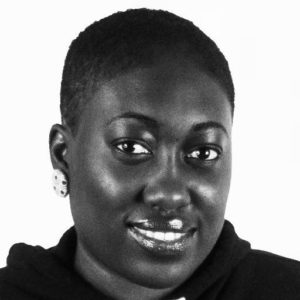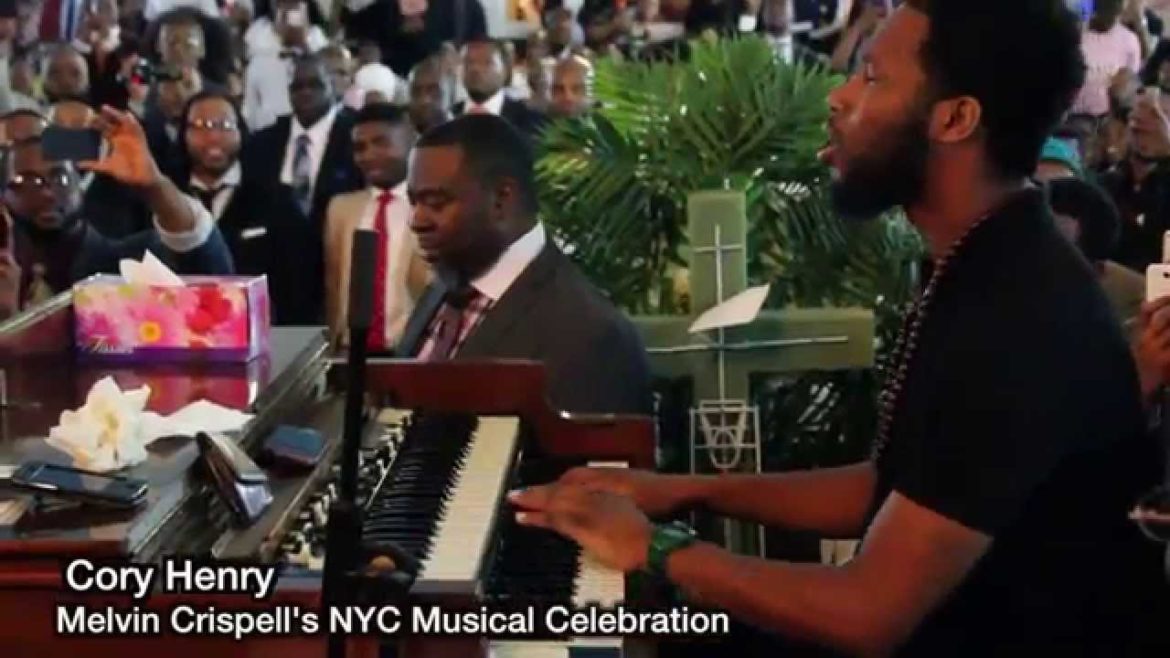 Behold Music & Mental Health, a feature we hope to bring you more often than not, written by the fabulous Imade Borha. She’ll check in from time to time with her thoughts on … well … presumably, music and mental health. Duh. If you dig, you can follow her on Twitter here. Enjoy!
Behold Music & Mental Health, a feature we hope to bring you more often than not, written by the fabulous Imade Borha. She’ll check in from time to time with her thoughts on … well … presumably, music and mental health. Duh. If you dig, you can follow her on Twitter here. Enjoy!
I got hit a lot growing up. But not the type of hits that come from spanking. I grew up in the same Church of God In Christ (C.O.G.I.C.) denomination that recent Weinberg performer Cory Henry was raised in. There were times when my first church reached such a fever pitch, that people would dance and shout while being “filled with the Holy Ghost.” Their flailing arms would hit me by accident. As a little girl, one hit was all I needed to slip on my Mary Jane shoes and retreat to a calmer location.
When I moved to North Carolina and attended a megachurch, those hits rarely happened. But I felt isolated in a world that was often driven by popularity.
During my interview with Henry ahead of his performance, these are the memories I had in mind. Much of the terminology Henry uses triggers humorous but uncomfortable memories. The name of his 2016 album, “Revival,” reminds me of feeling trapped in church during a near endless revival service.
There was a period of my life when I wanted to have nothing to do with the C.O.G.I.C. denomination. It reminded me of feeling like an outcast where my efforts to fit in never felt like enough. But when I saw Cory Henry play the organ, and lead the Weinberg audience in church phrases I frequently heard growing up like “I don’t know what you came to do” and “Fire shut up in my bones,” I realized the power of using your pain.
My experience in church allowed me to enjoy Henry’s music on a deeper level. His call and response chants put me back in time when friendly church mothers crumpled dollars in my hands and told me that I was pretty. When I saw audience members break out of their shell and dance, I saw a church that was it’s own musical instrument, just like my childhood years.
You can never really leave the church behind, but you can embrace it, challenge it, and use the pain to become the person you always wanted to be.

